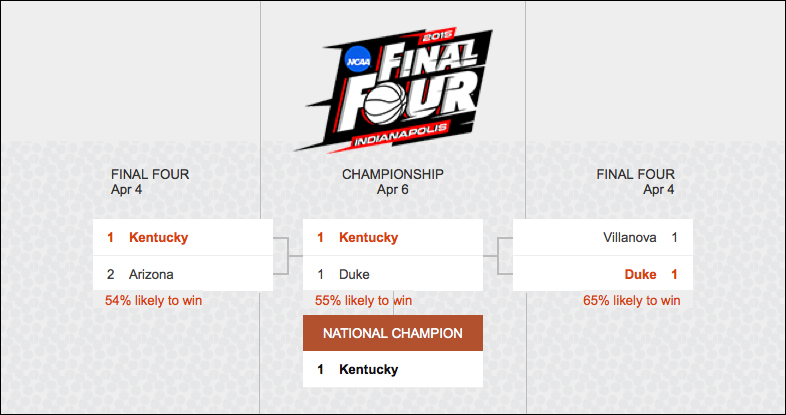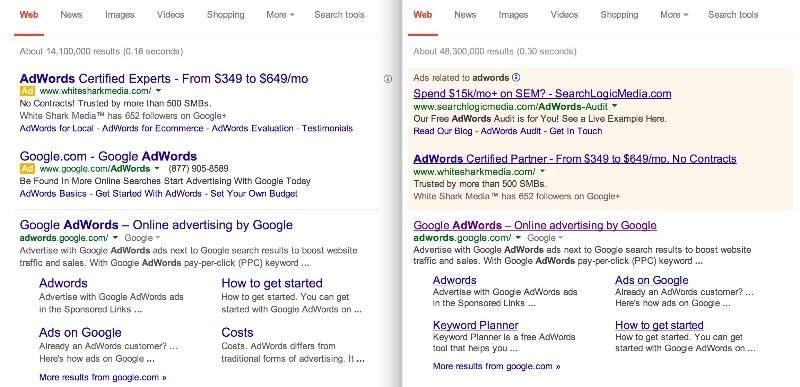Google says it is walking back a significant recent redesign of its desktop search results after widespread negative reaction.
Earlier this month, the company released an update which brought desktop search results closer to the current mobile results, including changing how ads appeared in the results.
However, many said the change made it difficult to distinguish between paid advertisements and organic search results.
This isn’t the first time Google has been accused of making it difficult to tell ads from organic results, however it is the first time the company has agreed to backtrack on the changes.
Last week we updated the look of Search on desktop to mirror what’s been on mobile for months. We’ve heard your feedback about the update. We always want to make Search better, so we’re going to experiment with new placements for favicons….
— Google SearchLiaison (@searchliaison) January 24, 2020
In a Tweet, the company said: “Last week we updated the look of Search on desktop to mirror what’s been on mobile for months. We’ve heard your feedback about the update. We always want to make Search better, so we’re going to experiment with new placements for favicons.”
Despite the negative response, Google says initial tests of the change were positive and cited the warm response to similar mobile search results designs.
Read the full statement below:
“We’re dedicated to improving the desktop experience for Search, and as part of our efforts we rolled out a new design last week, mirroring the design that we’ve had for many months on mobile. The design has been well received by users on mobile screens, as it helps people more quickly see where information is coming from and they can see a prominent bolded ad label at the top. Web publishers have also told us they like having their brand iconography on the search results page. While early tests for desktop were positive, we are always incorporating feedback from our users. We are experimenting with a change to the current desktop favicons, and will continue to iterate on the design over time.”





